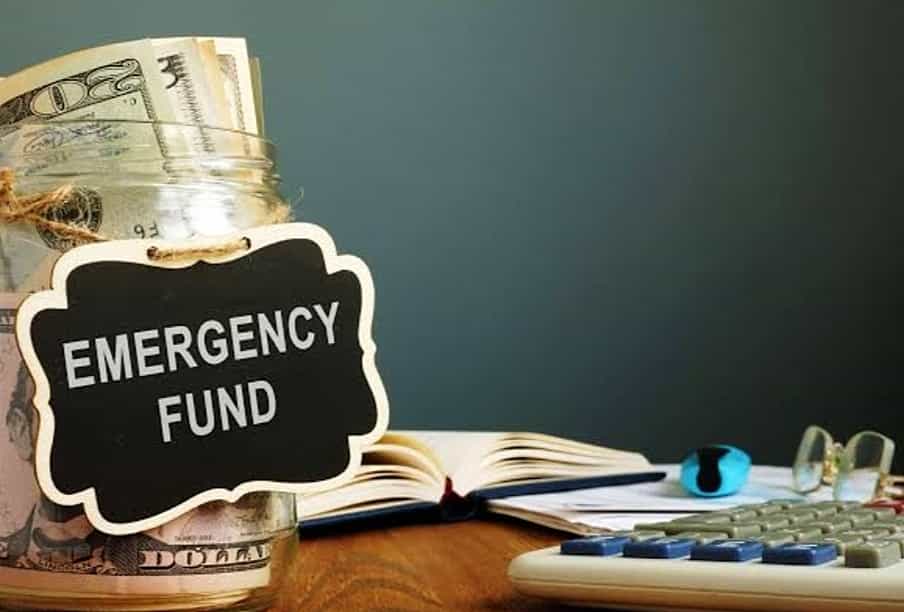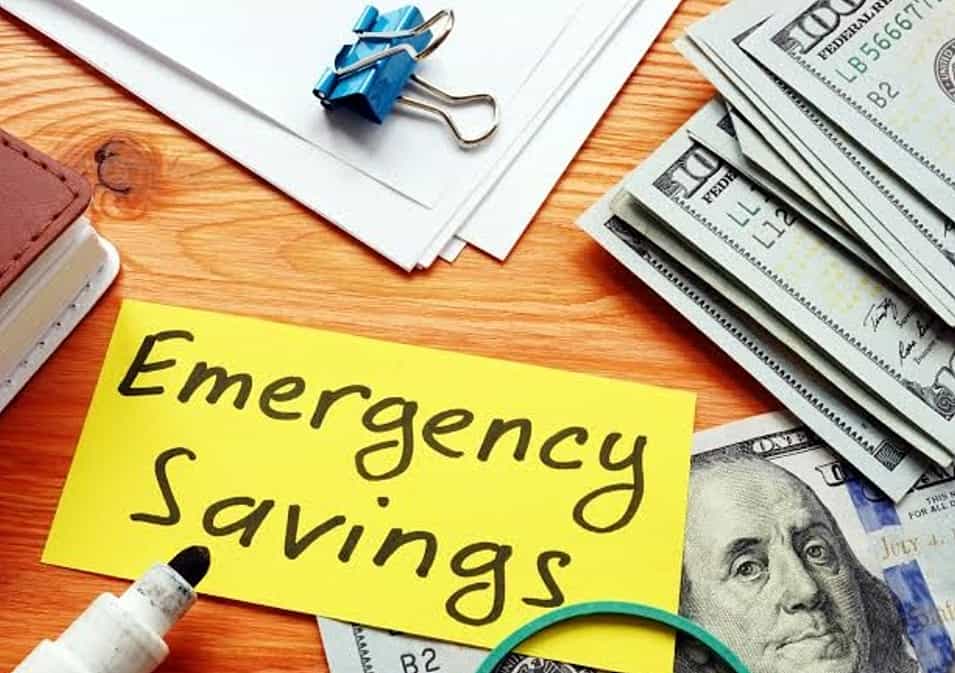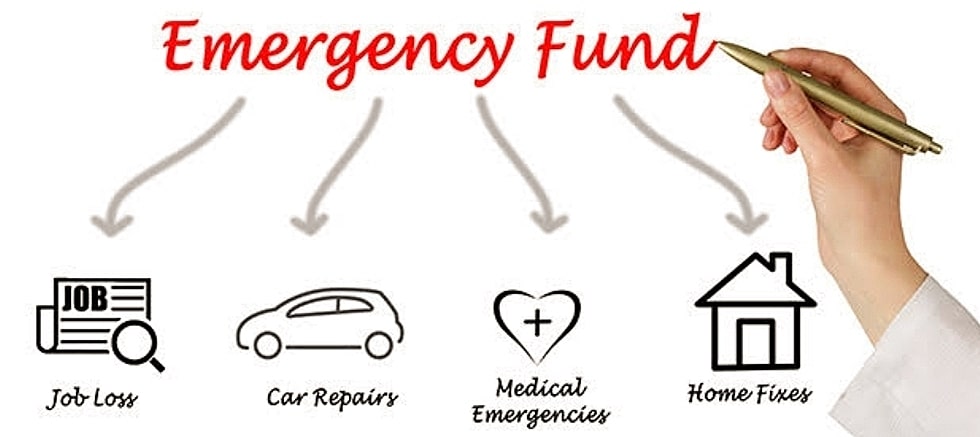Having an emergency fund if you have debt can be especially important because it can help you avoid borrowing more. Emergency funds should be used to finance actual emergencies, such as periods of unemployment or sudden medical challenges.
1. What is an Emergency Fund?
An emergency fund helps you to achieve your future dreams by meeting your urgent needs so that you don’t have to tap into your long-term investments. If you are struggling to pay your bills or find yourself not able to cover unexpected expenses, then you may benefit from an emergency fund. Emergencies can often take a physical, mental, and emotional toll, and suffering a financial impact on top of that can make the situation even more stressful so it is very important to have an emergency fund.
2. Where do you save your emergency fund?
While we can’t predict the next emergency, we can prepare for it. Creating an emergency fund is the ideal way to deal with the potential financial consequences of emergencies. You should never put your emergency funds in investment options with a lock-in period as your money can get blocked. You should keep the money in your savings accounts as you would be able to withdraw the money when you need it without being penalized.
3. How to Build an Emergency Fund
Once you have finalized the amount for an emergency fund investment and started working towards acquiring that amount, it is important to find a good place to invest the emergency fund. Starting early is the key to setting up an emergency fund because it helps you build up a comfortable cushion against unexpected emergencies later in life. Calculate your living expenses for the desired period, and make that your target for an emergency fund. Once the fund is built up, invest extra savings for the long term or other goals, such as the down payment on a mortgage. The proper budget in your life can help you to build an emergency fund.
4. How much should your emergency fund have?
Depending upon your income and expenses, the right emergency amount depends on your financial position. A good thumb rule states that the ideal amount for your emergency funds should be at least three to six months of your living expenses. You can also divide your emergency funds into two categories.
Long-term emergency funds: Under this category, you save for large-scale emergencies such as sudden medical requirements or a major natural disaster. You can consider investing these funds in instruments that allow you to earn a slightly higher rate of interest but do not take more than a couple of days to liquidate.
Short-term emergency funds: Short-term emergency funds cater to your immediate cash requirements. These funds might offer little in terms of interest but offer high liquidity and accessibility, which can help you a lot until you gain access to your long-term emergency funds.
5. Importance of emergency funds
Having an emergency fund should be a priority for everyone while planning for a financially secure life. Following are some of the reasons why you should have an emergency fund.
Helps to keep your stress levels low: When you have an emergency fund, you tend to have a relaxed and stress-free life. This is because you know that you have a backup plan in place in case things go wrong or an emergency pops up.
Ensures that you do not redeem from your future savings: Your savings are very important for your future goals. An emergency fund helps you to achieve your future dreams by meeting your urgent needs so that you don’t have to tap into your long-term investments.
Ensures that you do not fall into a debt trap: During financially challenging times, emergency funds can help you stay afloat without having to rely upon loans or credit cards. Emergency funds, thus, ensure that you do not fall into a debt trap during a financial crisis.




